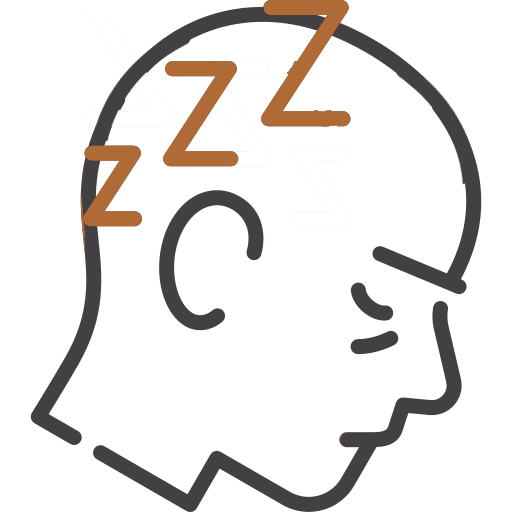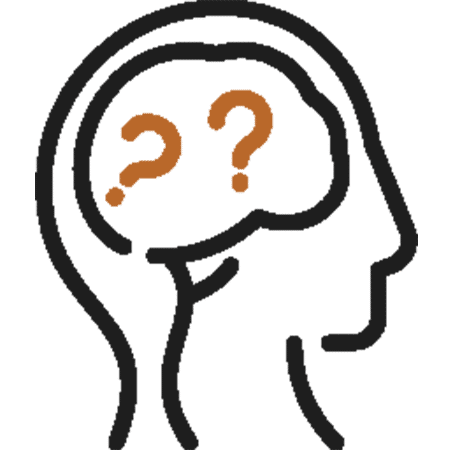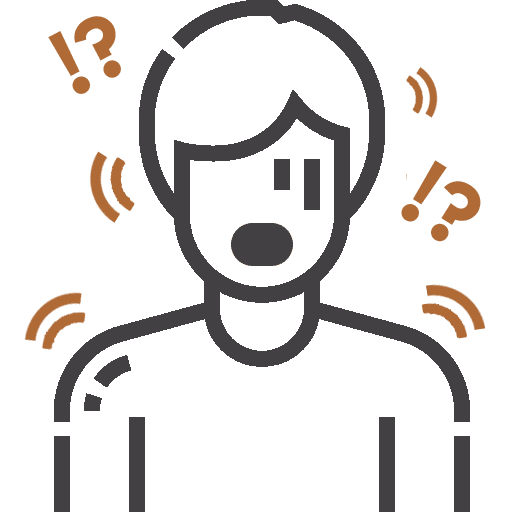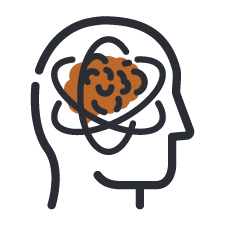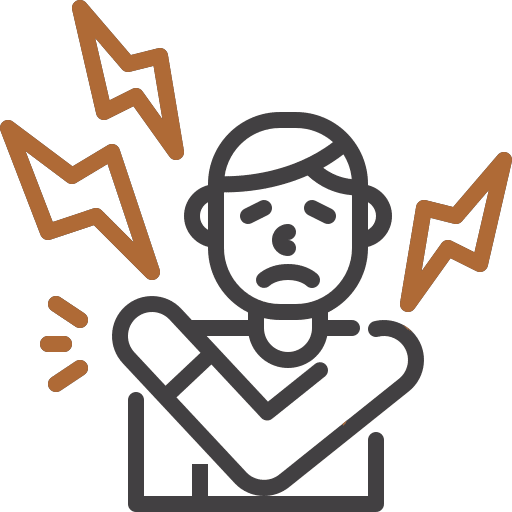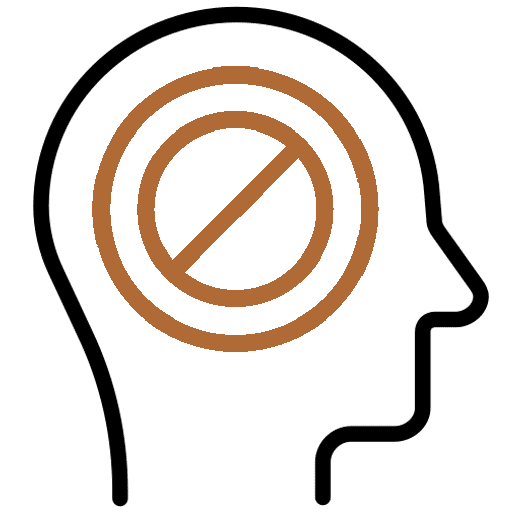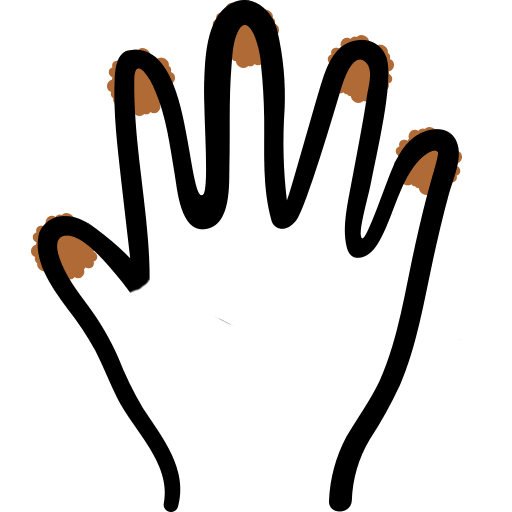Ativan, known by its generic name Lorazepam, is a prescription medication primarily prescribed to treat anxiety disorders and manage symptoms of anxiety-related conditions. While it’s a valuable tool for treating anxiety when used under a doctor’s supervision, the misuse and abuse of Ativan can lead to a substance use disorder with severe consequences.
As one of the most widely prescribed benzodiazepines, the rate of misuse and addiction becomes high.
In this comprehensive guide, we’ll delve into Ativan addiction symptoms, diagnosis, treatment options, and the path to recovery.







